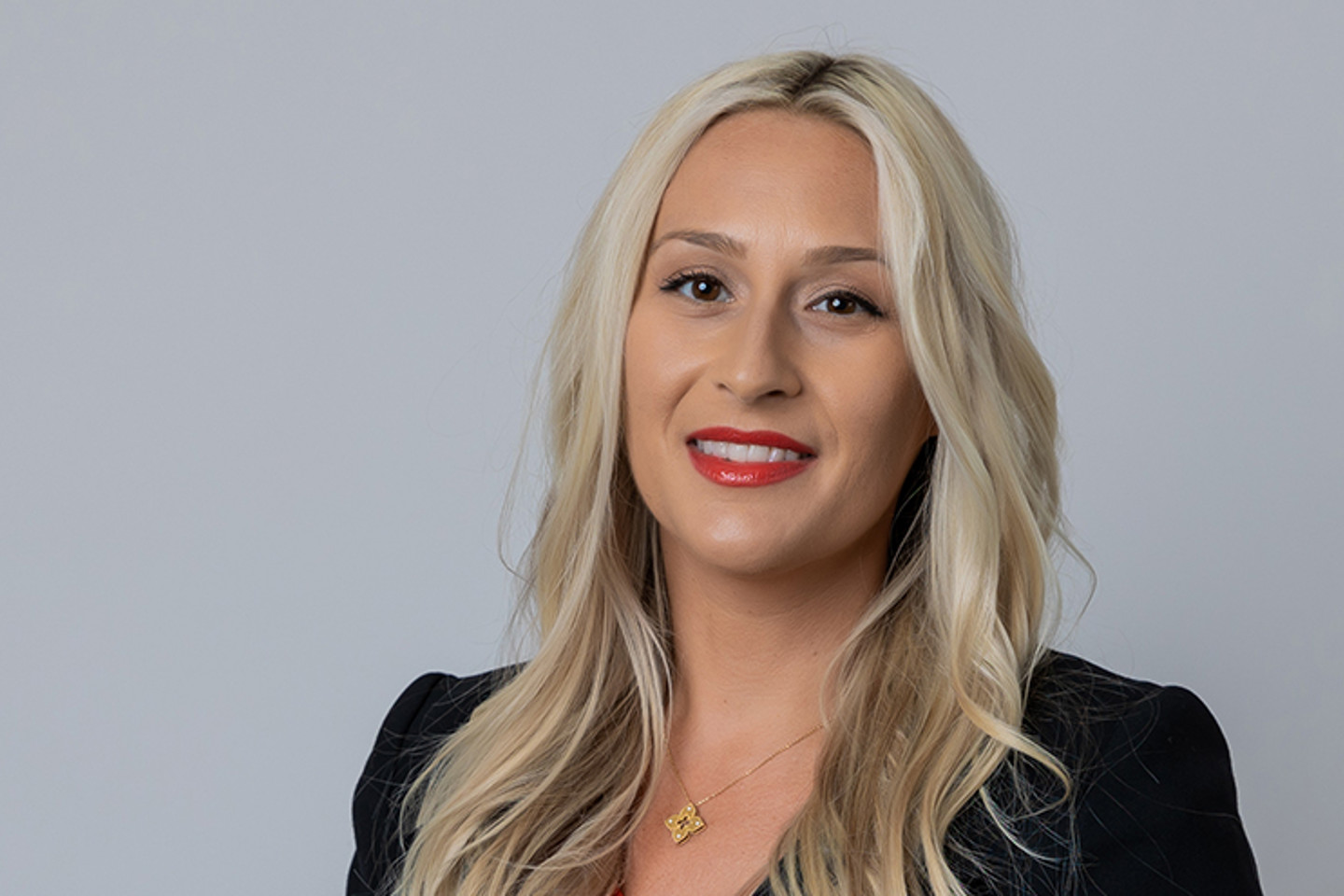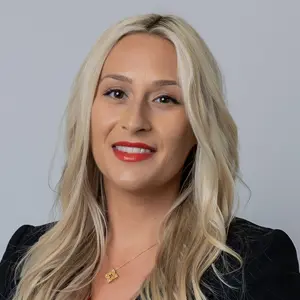
Sophie Peat
Partner | Legal
Cayman Islands

Sophie Peat
Partner
Cayman Islands
No Content Set
Exception:
Website.Models.ViewModels.Components.General.Banners.BannerComponentVm
Fund names become valuable commercial assets when they are successfully registered as trade marks. It is a common misconception that once a fund vehicle is formed the owner can exclusively use the fund name in respect of financial services and prevent third parties from using the same name.
The mere formation of your fund vehicle in a particular legal name does not provide you with trade mark protection and should not be taken as an indication that the fund name is available for use and registration as a trade mark. A third party may have already used and/or registered a similar or identical fund name as a trade mark, which could pose threats to your use of your chosen fund name and your ability to protect it.
Your fund name will serve to identify and distinguish your fund and attract investors. Without trade mark protection comes risk. If you don't secure trade mark protection, your rights against third parties will be limited.
Trade marks may consist of words, names, acronyms, letters, numbers, logos, shapes, colours and other signs, or a combination of any of these, that can distinguish the services provided under your fund from those of another. For the broadest level of protection, we generally recommend that you seek to protect the name of your fund as both a word mark and as a logo, if this is how it will be used. Your trade mark should be protected in respect of financial services and investment management, as well as any other related goods or services, which may include financial publications and software, for example.
Although your fund's legal name does not necessarily have to be the same as your brand name, uniformity often makes commercial sense. Therefore, after checking that the desired name is available from an entity formation perspective, serious thought should also be given to the selection and clearance of an appropriate name from a trade marks perspective. In particular, it is necessary to check that the name is: a) distinctive enough to be protectable as a trade mark; and b) available for use as a trade mark and not already owned by a third party.
A trade mark registration provides the owner with the following benefits, amongst others:
Before you decide on a new fund name you should seek advice from Ogier's funds team, who can advise as to whether the name works from an entity formation perspective, and from Ogier's intellectual property team who can assist you with strategic trade marks clearance and registration advice. Certain names, particularly those that are coined or arbitrary, will be afforded a stronger level of trade mark protection than descriptive terms or common names and surnames, so it is important to seek specialist advice from the outset.
The strongest types of trade marks are those that are not descriptive of the goods or services offered under the mark (for example, FINANCIAL INVESTMENT FUND 123 for a fund would be descriptive). Neither are they generic (for example, FUND for a fund). Rather, they are fanciful, being coined or invented words without any known meaning. However, such marks will likely require a bigger marketing effort in order to educate target consumers as to nature of the goods or services. For example, in the world of fintech, "ETHEREUM" falls within this category.
Arbitrary trade marks also offer a good scope of protection. Arbitrary trade marks consist of known words, used in respect of unrelated goods or services. Examples of such trade marks are APPLE (used in respect of technology), BRIDGEWATER (used in respect of asset management) and TETHER (used in respect of a cryptocurrency). On the other hand, such marks would not be registrable as trade marks in respect of the goods they describe, as in this context they become descriptive or generic (e.g. APPLE would not be registrable in respect of fruit).
Suggestive trade marks, however, may be registrable. Such marks are comprised of words which hint at the relevant goods or services, but do not go so far as to describe the goods or services outright. Examples of such marks include CITIBANK and BINANCE.
Many financial service providers and funds tend to opt for a combination of a distinctive word followed by the more descriptive "Fund", "Capital", "Finance", "Bank" or the like. Some jurisdictions have a disclaimer practice which requires trade mark owners to disclaim exclusive rights to the descriptive elements of their trade marks. This is to ensure that no one party has a monopoly over terms which all business owners in a certain field should be able to use. Common names and surnames are also best avoided as the scope of protection afforded is likely to be narrow absent evidence of acquired distinctiveness through use.
Once a suitable fund name has been chosen based on the above criteria, it is important to check whether a third party has already used or registered the chosen name as a trade mark in respect of identical or similar goods or services in relevant jurisdiction(s). Trade mark rights are territorial in scope and it is necessary to clear and apply for trade mark rights on a country by country basis. It is not possible to register a single "global" trade mark application that covers every country in the world.
Conducting clearance searches prior to filing a trade mark application or forming a new fund can help identify and quantify risks which, once addressed, may reduce the likelihood of an infringement occurring and thereby ultimately save time and money spent on potential litigation, as well as possible rebranding costs. However, time is also of the essence and many funds file their desired trade mark(s) as early as possible to seek to secure the earliest filing date while running clearance searches in parallel before making a final determination as to whether they can proceed to use and register the chosen trade mark. Quite often searches are conducted for several possible marks and then the results analysed to select the most viable option.
Trade mark registration acts as a powerful deterrent to potential infringers and, subject to the fulfilment of proof of use requirements in certain countries (for example, the USA), trade marks can be renewable indefinitely (usually in increments of 10 years). While unregistered trade marks are not usually completely without protection, they are generally much harder and more expensive to enforce.
Once a trade mark has been registered it is important to ensure that the owner exerts suitable controls over the use of the mark by entities within the same group. Trade mark licences with suitable scope of use and quality control provisions should be put in place to ensure that the strength of the trade mark is retained, the mark is not misused and does not become generic, in which case the registration may become invalid. Also, if spin-off funds with similar names are formed, consideration should be given as to whether further trade mark registrations are required. Furthermore, ownership of the trade mark portfolio should generally remain in the name of a single entity.
Ogier's IP group can guide you through the trade mark clearance and registration process for both established, and yet to be formed, fund vehicles. For further information, please contact partner Sophie Peat at sophie.peat@ogier.com.
Ogier is a professional services firm with the knowledge and expertise to handle the most demanding and complex transactions and provide expert, efficient and cost-effective services to all our clients. We regularly win awards for the quality of our client service, our work and our people.
This client briefing has been prepared for clients and professional associates of Ogier. The information and expressions of opinion which it contains are not intended to be a comprehensive study or to provide legal advice and should not be treated as a substitute for specific advice concerning individual situations.
Regulatory information can be found under Legal Notice
Sign up to receive updates and newsletters from us.
Sign up
No Content Set
Exception:
Website.Models.ViewModels.Blocks.SiteBlocks.CookiePolicySiteBlockVm